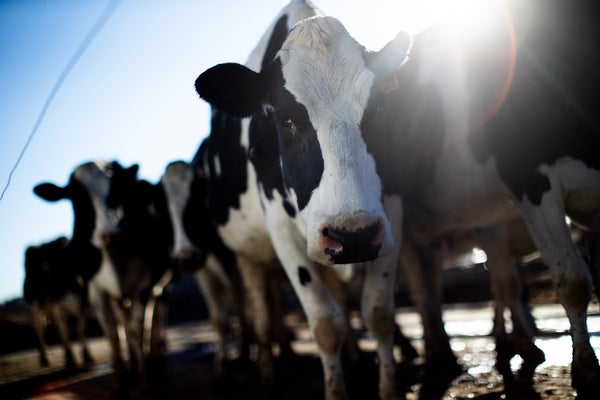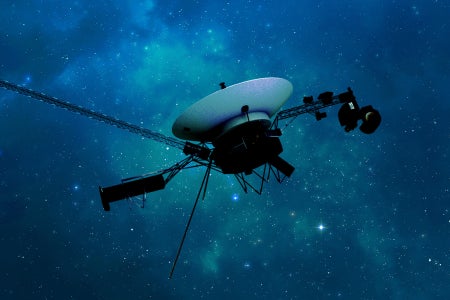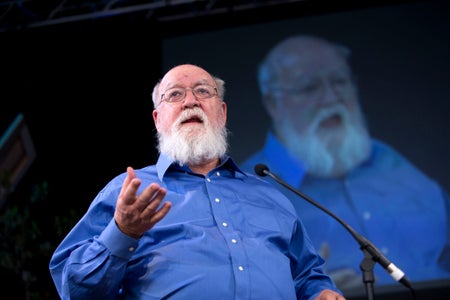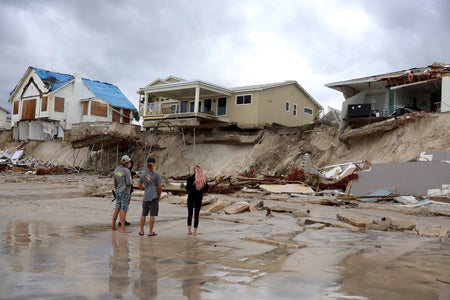
Bird Flu Is Spreading in Cows. Here’s What That Means for Milk
H5N1 influenza virus particles have been detected in commercially sold milk, but it’s not clear how the virus is spreading in cattle or whether their milk could infect humans

Bird Flu Is Spreading in Cows. Here’s What That Means for Milk
H5N1 influenza virus particles have been detected in commercially sold milk, but it’s not clear how the virus is spreading in cattle or whether their milk could infect humans

After Months of Gibberish, Voyager 1 Is Communicating Well Again
NASA scientists spent months coaxing the 46-year-old Voyager 1 spacecraft back into healthy communication

An Epitaph for Daniel Dennett, Philosopher of Consciousness
Is consciousness nothing more than an illusion? That idea defined the work of Daniel Dennett (1942–2024)

The U.S. Spends a Fortune on Beach Sand That Storms Just Wash Away
The U.S. is paying hundreds of millions of dollars to replenish storm-ravaged beaches in a losing battle against rising seas and erosion

Can Mountain Dew Really Dissolve a Mouse Carcass?
Evidence suggests citrus sodas can eat away teeth and bones in months, an issue arising after a claim of a dead mouse in a soda

How Parents Can Heal Rifts with Their Adult Children
Repairing a broken parent-adult child relationship is possible if both sides approach it earnestly and honestly

Quantum Computers Can Now Run Powerful AI That Works like the Brain
The influential AI design that makes chatbots tick now runs on quantum computers